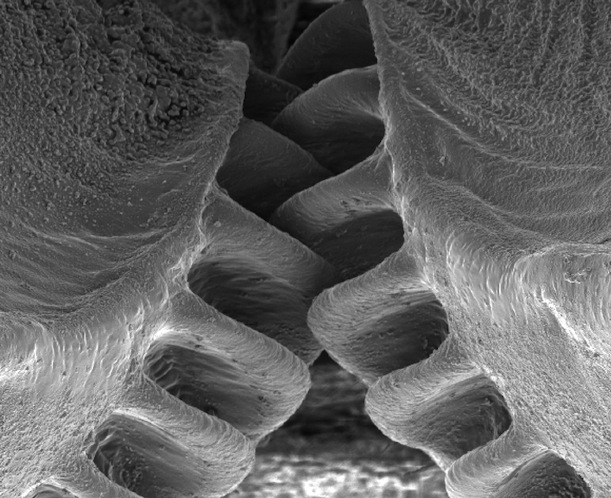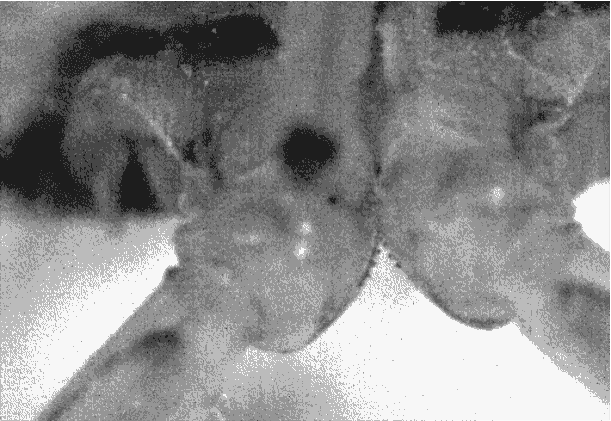The complex social behaviors of ants have been much studied by science, and computer scientists are now finding that these behavior patterns can provide models for solving difficult combinatorial optimization problems. The attempt to develop algorithms inspired by one aspect of ant behavior, the ability to find what computer scientists would call shortest paths, has become the field of ant colony optimization (ACO), the most successful and widely recognized algorithmic technique based on ant behavior. This book presents an overview of this rapidly growing field, from its theoretical inception to practical applications, including descriptions of many available ACO algorithms and their uses.
The book first describes the translation of observed ant behavior into working optimization algorithms. The ant colony metaheuristic is then introduced and viewed in the general context of combinatorial optimization. This is followed by a detailed description and guide to all major ACO algorithms and a report on current theoretical findings. The book surveys ACO applications now in use, including routing, assignment, scheduling, subset, machine learning, and bioinformatics problems. AntNet, an ACO algorithm designed for the network routing problem, is described in detail. The authors conclude by summarizing the progress in the field and outlining future research directions. Each chapter ends with bibliographic material, bullet points setting out important ideas covered in the chapter, and exercises. Ant Colony Optimization will be of interest to academic and industry researchers, graduate students, and practitioners who wish to learn how to implement ACO algorithms.









